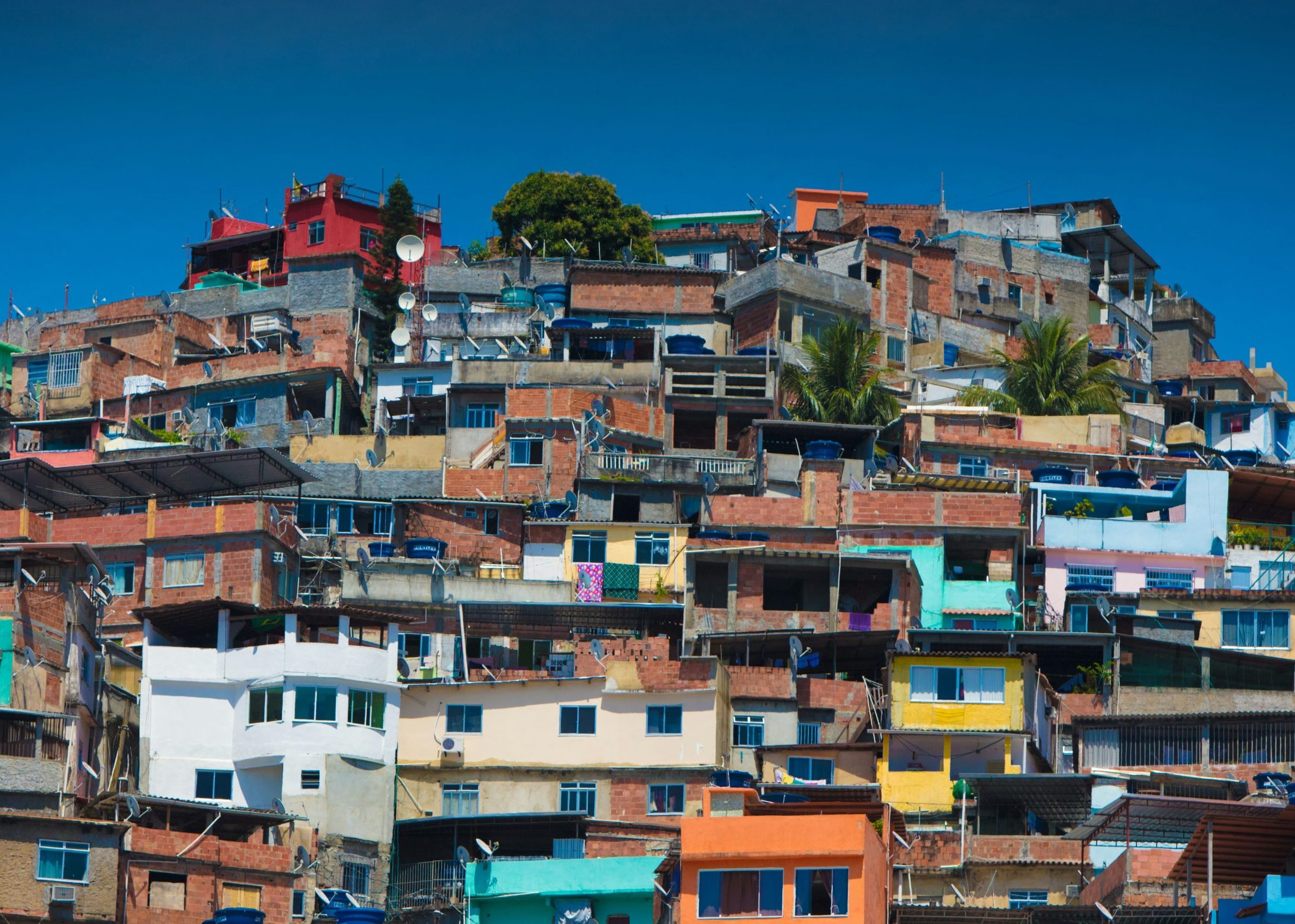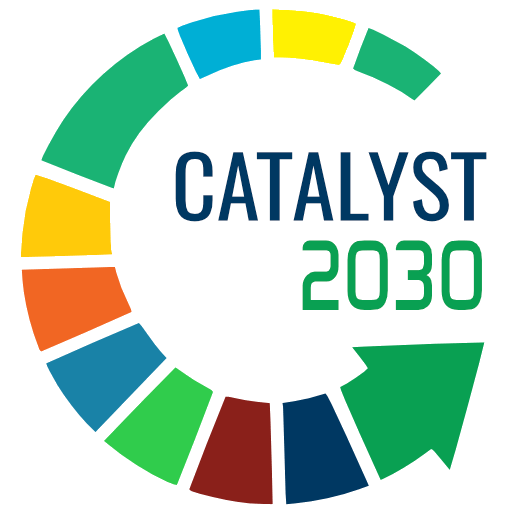
Climate injustice is a critical issue in the climate change debate, highlighting how environmental impacts are distributed unequally between different social groups and regions of the world.
According to the United Nations (UN), the poorest and most vulnerable nations, which have historically emitted fewer greenhouse gases, are the most affected by climate impacts such as droughts, floods, and rising sea levels. This creates a moral and ethical paradox, where those least responsible for the problem suffer the greatest consequences.
Social inequality + climate crisis = climate injustice
Climate (In)justice happens when the problem of social inequality (SDG 10) meets the problem of climate crises (SDG 13). According to Greenpeace, 3 billion people in the world live in places vulnerable to the climate crisis and 2 million people in the world have died in the last 50 years as a result of extreme events and natural disasters influenced by climate change.
Scientific evidence shows that climate change exacerbates social inequalities. The report by the Intergovernmental Panel on Climate Change (IPCC) highlights that the effects of climate change, such as heat waves, floods, and droughts, are felt disproportionately by poor and marginalized communities. These communities generally have fewer resources to adapt to climate impacts, which makes the situation even worse.
Among the most vulnerable groups are rare disease patients. It is estimated that more than 300 million people worldwide and 13 million in Brazil live with a rare disease, facing unique difficulties, including late diagnosis, lack of adequate treatment, and social isolation.
According to the WHO, rare diseases in Brazil are all those that affect up to 65 people per 100,000 (1.3 people per 2,000). Socio-economic inequalities and access to healthcare have a devastating impact on the lives of these individuals. Many face difficulties accessing medicines and specialized care, resulting in a lower quality of life and shorter life expectancy.
According to various sources and studies on the subject, rare disease patients often face social marginalization, high rates of unemployment and poverty, as well as having limited access to specific treatments for their conditions. These challenges contribute to exacerbating the inequalities faced by this vulnerable group.
The importance of movements like Catalyst 2030
Based on this data and the reality of what has been happening, we spoke in the text “Do you know the difference between crisis and climate justice?” and we stress again here that climate justice can be defined, in other words, as the search for equal human rights, the humanitarian struggle for democracy, for better resources and social conditions, including housing.
Considering this, in 2022 Raízes became a signatory of Catalyst 2030. This global movement brings together positive-impact entrepreneurs and social activists from all sectors to create innovative approaches to accelerate the implementation of the SDGs.
The initiative was launched in January 2020 during the World Economic Forum. Today, it has more than 500 social entrepreneurs, whose work directly impacts around 2 billion people in 195 countries. Members include NGOs, social entrepreneurs, intermediaries, funders, and other social change innovators.
Thinking about climate injustice being a problem of social inequality (SDG 10) and climate crises (SDG 13) came up in the middle of a debate in Catalyst 30’s SDG 10 working group. The movement’s meetings are divided by SDG and, at the last meeting, we reflected on how much inequality is being increased by the climate issue, making us think about the two SDGs together.
It’s time to act! Climate injustice is a moral and practical challenge that demands coordinated global action. As part of efforts to achieve SDG 10, we must come together to ensure that no one is left behind. Through inclusive policies, adequate funding, and the active participation of affected communities, we can move towards a world where everyone can adapt and thrive in the face of climate change.
Together, we can make a difference. Let’s work to build a fairer, more inclusive, and sustainable world, where everyone, regardless of their financial and health conditions, has the opportunity to live a full and dignified life.
Let’s commit to supporting those facing unique challenges to create a more secure future for all…!

